In October 2023, the Dom people, also known as the Romani of Kurdistan, organized their first-ever conference in the Middle East. Sponsored by the Kurdistan Regional Government (KRG), this event aimed to showcase their rich culture, art, music, and handcrafts.
The Dom community settled in Kurdistan approximately 700 years ago and has since become renowned for their musical talents and craftsmanship. Masters in playing instruments like the dhol (a hand drum) and zurna, they also showcase their skills in woodwork through crafting unique baby cribs called lank. Additionally, they are skilled at making Kurdish handmade shoes known as klash and flour and wheat sieves, as well as performing blacksmith work.
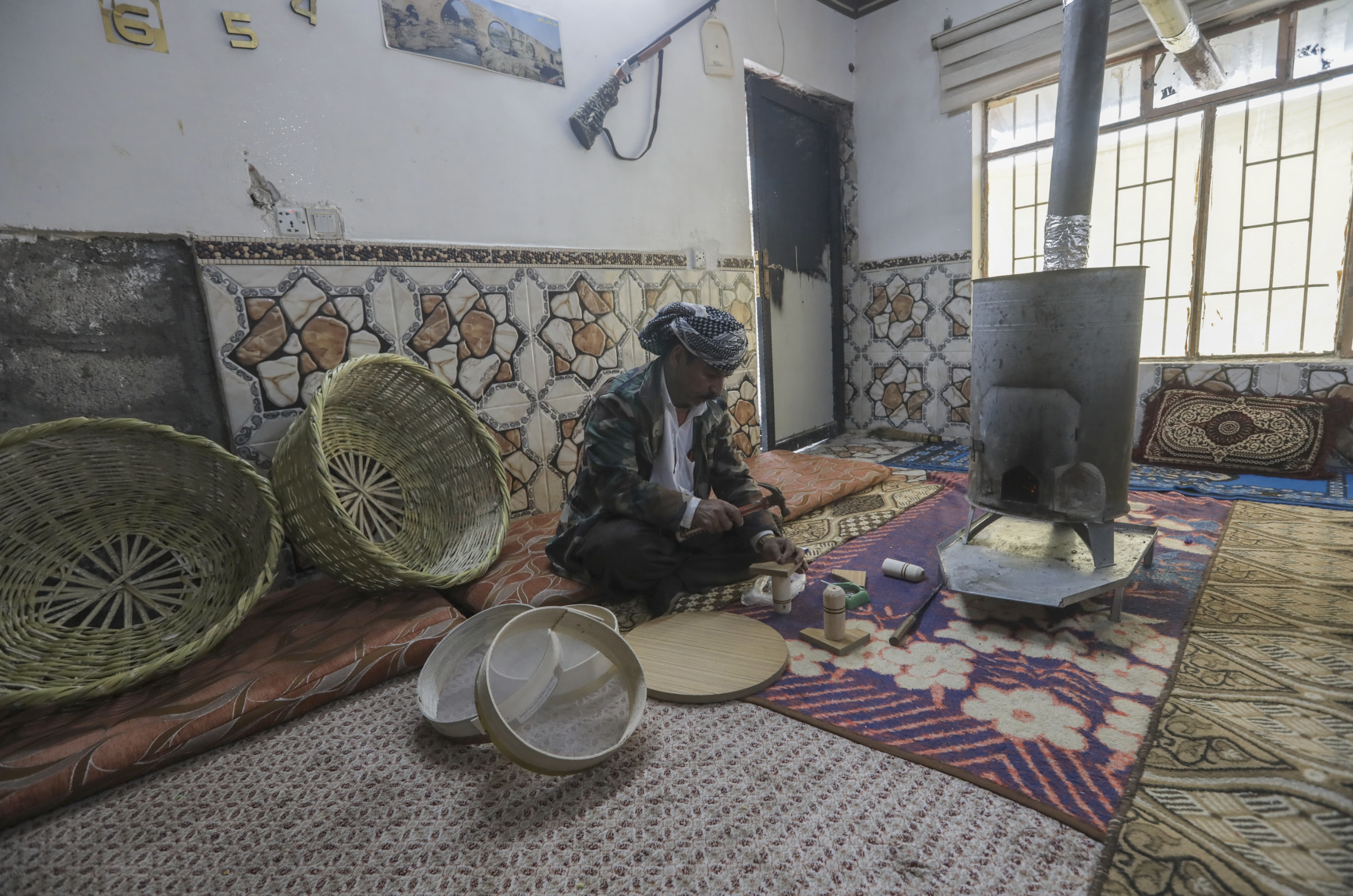
The Doms of Kurdistan believe that they introduced the Kurdish people to lank and have played an important role in preserving Kurdish folklore songs and music. Some well-known Dom singers in the Kurdish community include Hassan Ali Khanjar, Jaffar Dom, and Jalal Saeed.
Since settling in Kurdistan, the Doms have adopted both Kurdish languages and religions. Kurdish Doms speak both the Kurdish Sorani and Kurmanji dialects, and most have adopted Islam.
Originally, the Doms came from India as descendants of the Dom caste, according to Donald Kenrik (1929-2015), a prominent researcher studying the Romani people. They originally migrated from India to Persia following Shah Ardashir’s conquest of parts of India (modern-day Pakistan) in 227 AD, due to a demand for laborers. From Persia, they dispersed across the Middle East before ultimately reaching Europe, where they now prefer being identified as Roma, rather than the term “gypsies.”
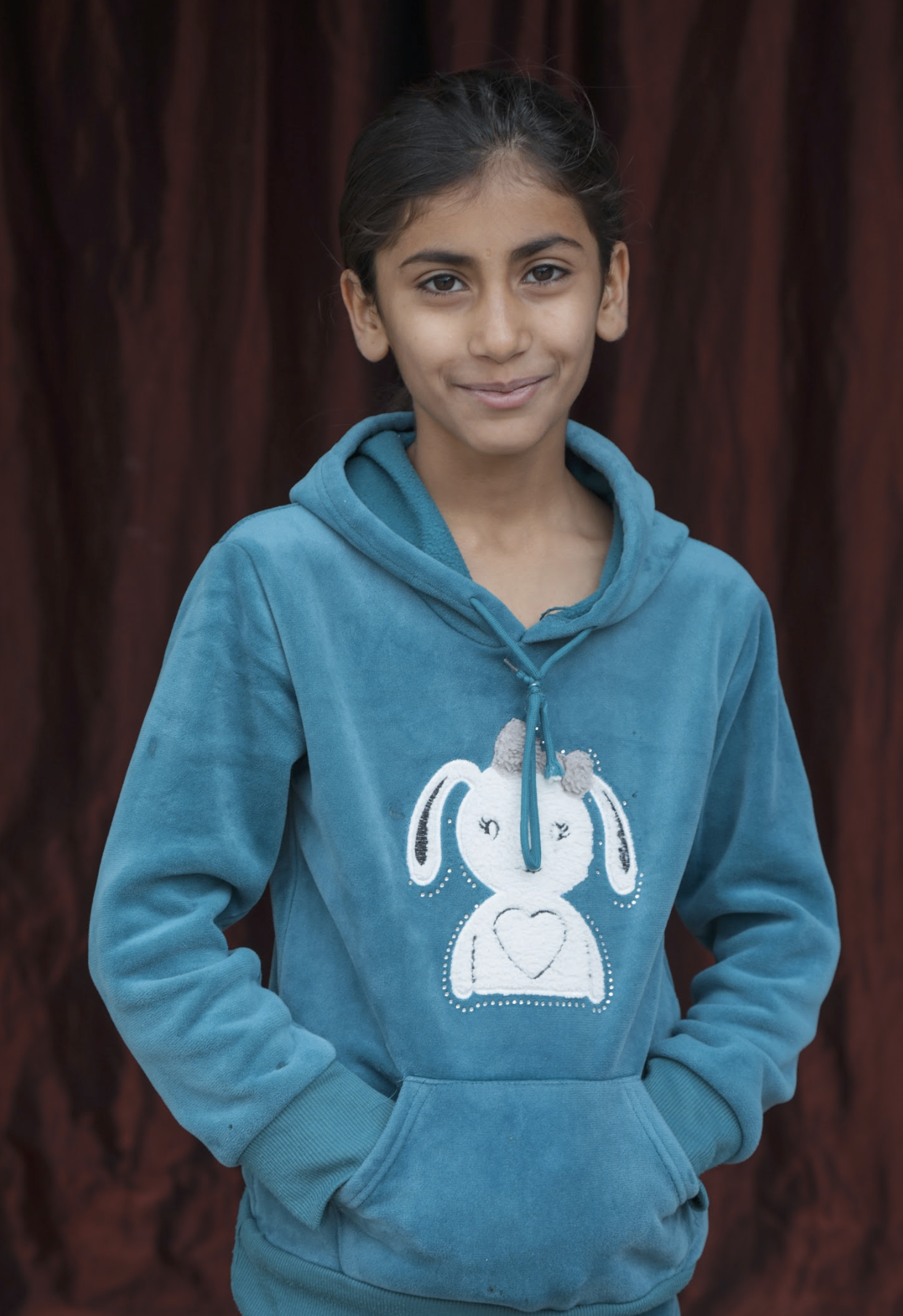
Fighting for equal rights
Yunes Zahir Piro is a representative of the Doms in the Kurdistan Region and has extensively researched his people’s history. He believes that it was oppression within India that forced them to leave.
Yunes, the conference’s organizer, told Kurdistan Chronicle that he hopes to hold an annual Dom festival in the future and invite Doms from other parts of Kurdistan, including Syria, Turkey, and Iran.
“Doms share a strong bond among themselves and have integrated well into Kurdish society,” said Yunes.
He emphasized that the Doms have long identified themselves as Kurds and actively participated in Kurdish revolutions for self-determination and equal rights.
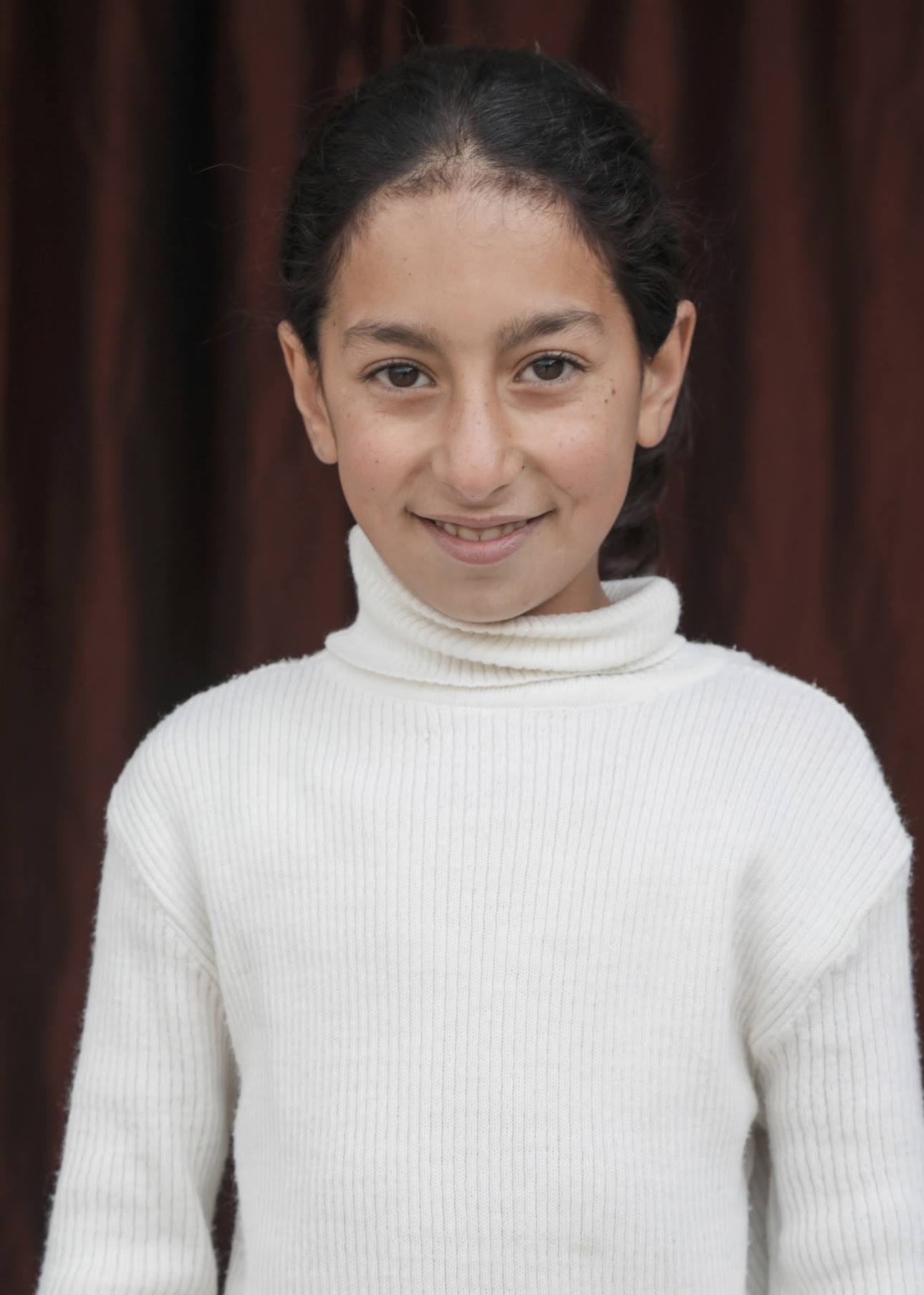
Yunes proudly shared an example of their resilience, mentioning how Saddam Hussein’s regime issued a decree in 1984 during Iraq-Iran war that enabled Iraqi Doms to enlist in the army. However, young Doms from the Kurdistan region chose to join the peshmerga – Kurdish Freedom Fighters – instead of joining the Iraqi army.
When in high school, Yunes himself was detained for three years at Saddam Hussein’s notorious Abu Ghraib prison for his involvement in distributing leaflets and writing graffiti in support of Kurdish freedom and rights.
He also recalled the brutal acts committed against Doms by extremist groups. Between 2003-2004, Al-Qaeda targeted 48 Doms in Mosul simply because they spoke Kurdish and wore traditional Kurdish clothing. Among those killed were several women.
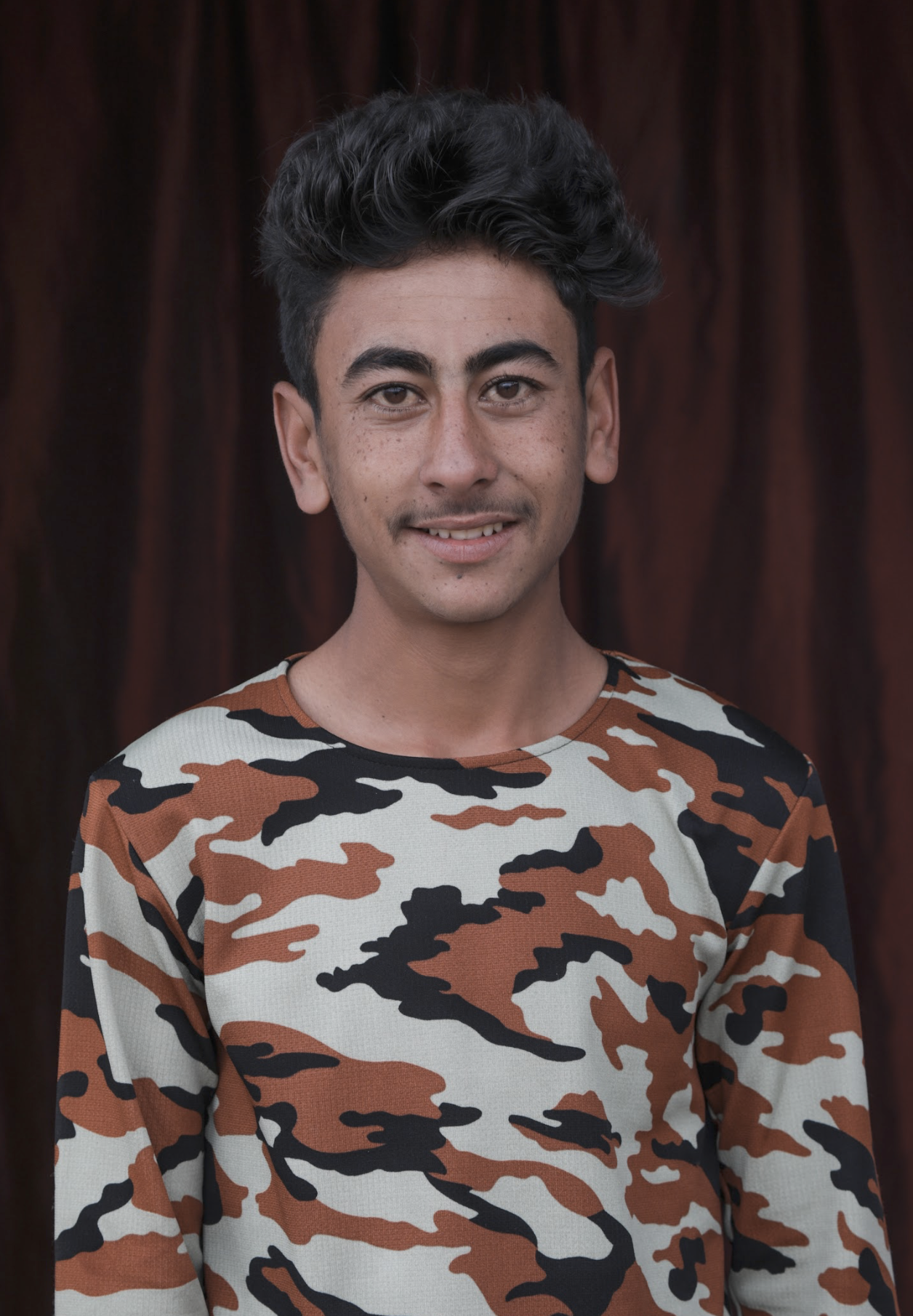
“We have faith in Kurdistan”
According to a 2012 survey conducted by Yunes, the number of Doms in the Kurdistan Region, as well as in Kirkuk and Nineveh, was 25,000. It is believed that this number has doubled since then.
In 1978, the Doms of Iraq were granted exceptional citizenship. However, in 2014, the Iraqi government removed the term “exceptional” as a step towards equality for all Iraqi citizens.
Today, the Doms of the Kurdistan Region identify themselves as a tribe consisting of 20 families. Each family is known for a specific skill such as music, carpeting, blacksmithing, and shoemaking.
During the conference, most participants agreed that they should be referred to as Doms instead of wasta or usta, which means craftsman, or qaraj, which means gypsy in Kurdish. They particularly rejected being called qaraj due to its demeaning nature.
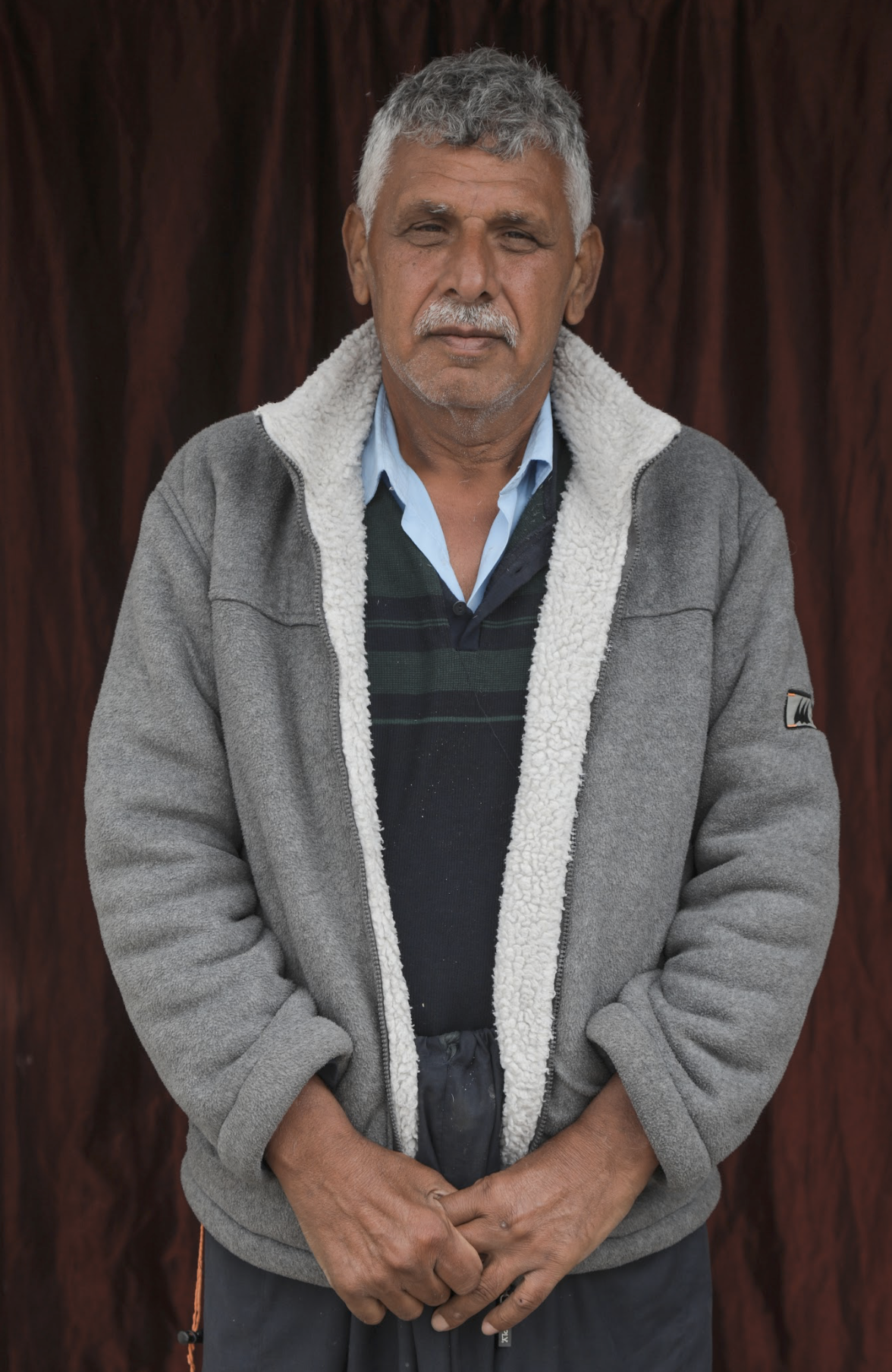
Furthermore, they expressed their demand for representation in the KRG Parliament through a designated member of Parliament who can voice their concerns.
“We have faith in the Kurdistan authorities to grant us representation in Parliament,” said Yunes confidently.
In Rizgari village, located north of Duhok, where approximately 500 Dom families reside, Jaafar Mustafa sat beside a wood stove at his home making flour and wheat sieves. He planned to sell them in other villages and at the Duhok bazaar. Jaafar has been involved in this craft since childhood, when he learned it from his father, who had inherited it from his own father before him. Jaafar’s two sons have also followed suit by learning this craft from their father with intentions to pass it down to future generations.
Alongside practicing his craft diligently, Jaafar also emphasized the importance of having an elected representative within the KRG Parliament for advocating on behalf of their community’s demands and rights.
“Having a representative in Parliament is essential to ensure that our concerns are addressed,” said Jaafar determinedly.
Qassim Khidhir has 15 years of experience in journalism and media development in Iraq. He has contributed to both local and international media outlets.

